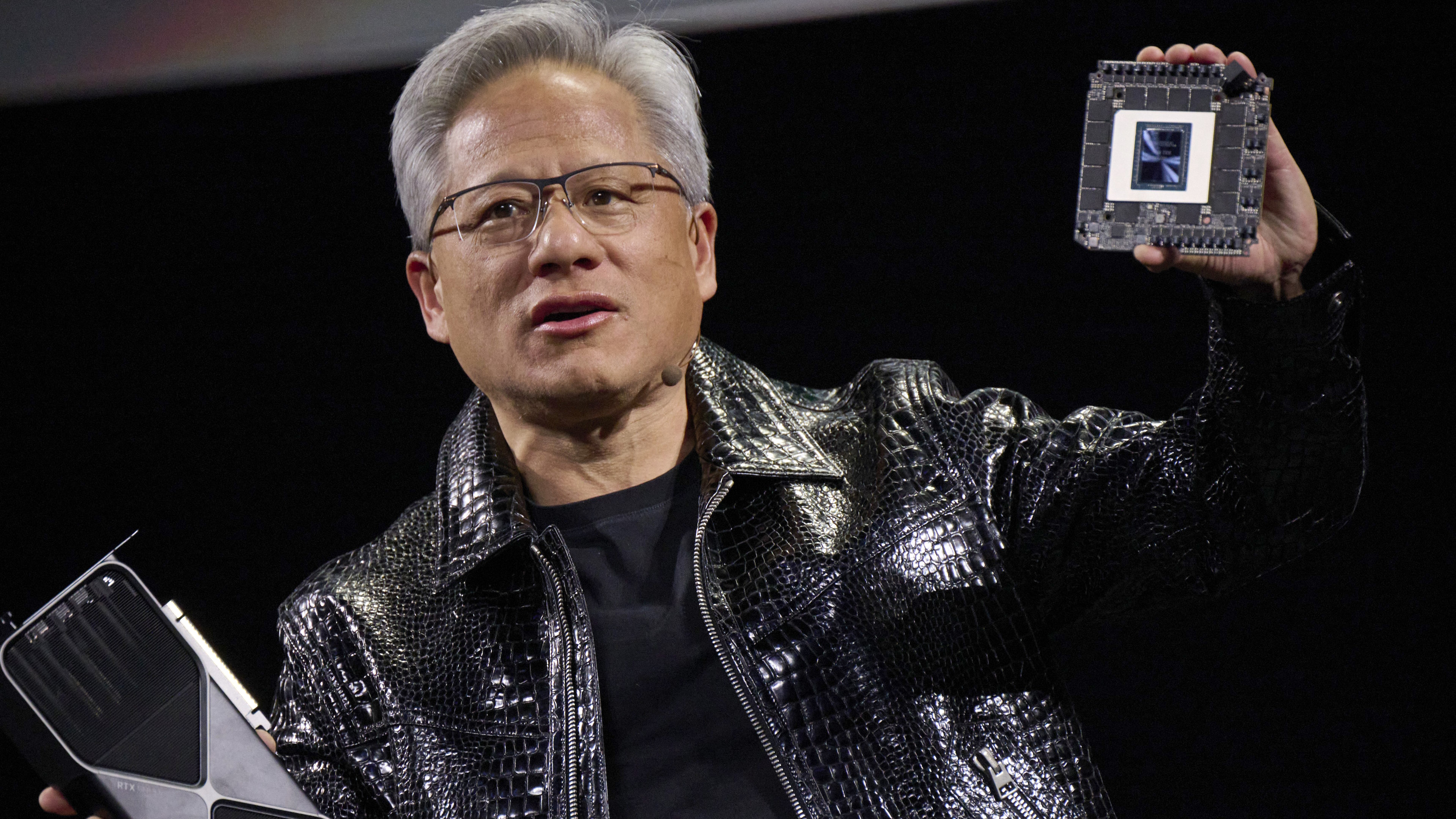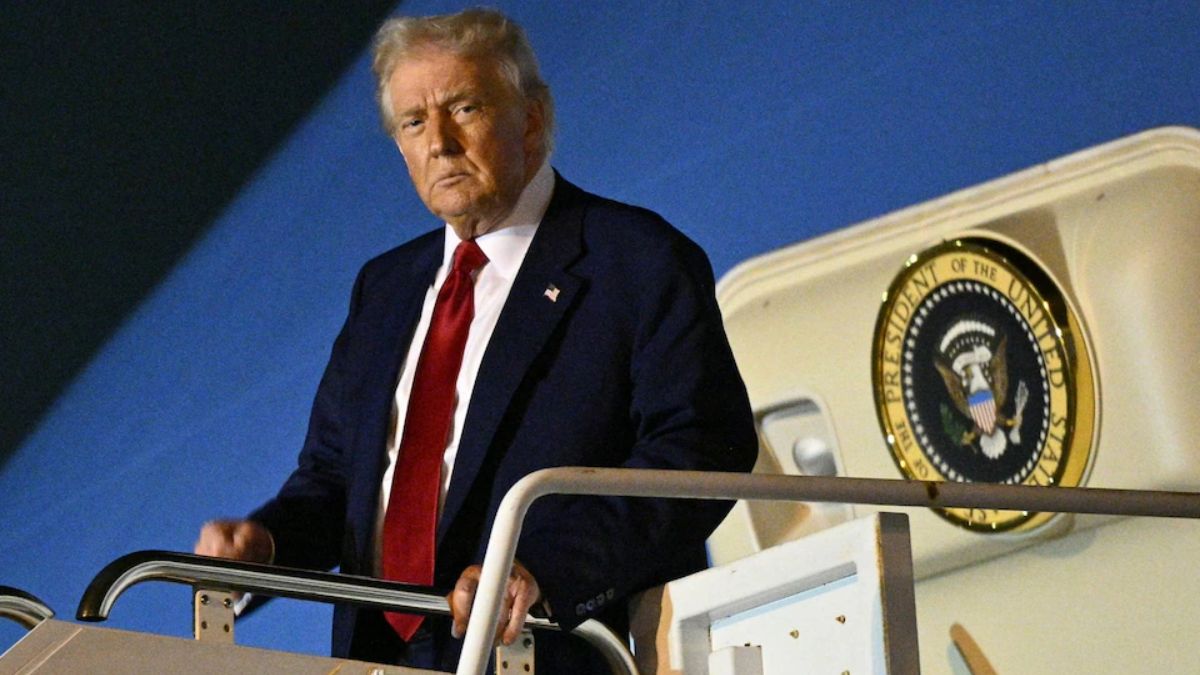Nvidia CEO Jensen Huang Urges Global AI Tech Expansion to Counter China's Rise

In a recent interview, Nvidia CEO Jensen Huang emphasized the critical need for the United States to accelerate the global dissemination of American AI technology. His remarks come amidst increasing competition from Chinese companies like Huawei and highlight a strategic imperative for maintaining U.S. leadership in the rapidly evolving field of artificial intelligence.
Huang’s call to action isn’t a reaction to Huawei's advancements specifically, though he acknowledged their progress. Instead, he frames it as a broader necessity for U.S. competitiveness. When questioned about Huawei's chip capabilities and their comparison to Nvidia's, Huang reiterated a core belief: increasing accessibility and adoption of AI technology, rather than restricting it, is the key to success. He stated, “Whatever policy the administration puts together really should enable us to accelerate the development of AI, enable us to compete on a global stage.”
The Strategic Importance of Global AI Diffusion
Huang's perspective underscores a crucial strategic consideration. Limiting access to AI technology, even with good intentions, can inadvertently hinder innovation and create opportunities for competitors. By fostering a wider global ecosystem for AI development and deployment, the U.S. can leverage the collective talent and resources of the world to drive progress and solidify its position as a leader.
This strategy aligns with Nvidia’s own business model. The company's GPUs are widely used by researchers, developers, and businesses worldwide, fueling a vast and interconnected AI community. Restricting access to these tools would not only harm Nvidia's business but also stifle the broader AI landscape.
Huawei and the Competitive Landscape
Huawei's advancements in chip technology are undeniable, and they represent a significant challenge to U.S. dominance in certain areas. However, Huang argues that the focus should be on strengthening U.S. capabilities and expanding the reach of American AI technology, rather than solely on containing Huawei. He believes that a proactive approach—one that encourages innovation and global adoption—is the most effective way to maintain a competitive edge.
Policy Implications and the Future of AI
Huang’s comments are a direct appeal to the U.S. government to craft policies that support the growth and global dissemination of AI technology. This includes ensuring access to talent, fostering research and development, and promoting international collaboration. He emphasizes that policies should be designed to *enable* competition, not restrict it.
The future of AI is global, and the U.S. must embrace this reality. By prioritizing the acceleration of AI technology adoption worldwide, the U.S. can ensure its continued leadership in this transformative field and address the challenges posed by competitors like Huawei. This requires a shift in perspective – from a focus on containment to a focus on expansion and collaboration.
Ultimately, Jensen Huang’s message is clear: the U.S. needs to be bold, proactive, and globally focused in its approach to AI, or risk losing its competitive advantage in the years to come.

)




